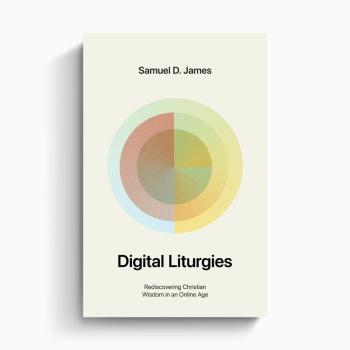Review of Robinson Crusoe by Daniel Defoe
By PAUL D. MILLER
I love this book. The practical parts were fun. I loved seeing Crusoe’s inventiveness and industry. I would certainly have perished. After the part about Crusoe domesticating the goats and getting milk, butter, and cheese out of them, I asked Google how to make cheese: I am tempted to try to make homemade cheese just to see if I could. It was fascinating seeing what use he could make of different things, and what things he found useless.
The spiritual aspects were even better. Crusoe is Job, crushed by his circumstances until he recognizes God’s sovereignty. This is a novel in the most classical sense, in which the plot is a bunch of stuff on which the characters reflect, from which they derive lessons. It is almost a morality-play, expect that it is more plausible and realistic. You could almost write the novel over again with the same circumstances but a different character and get a whole new book, a character who is bitter and resentful, who takes his marooning as proof that there is no God, and who perishes from despair.
I wanted the book to end a bit differently: I wanted some profound reflection on the human need for society, or a conclusion to Crusoe’s spiritual quest, instead of an extended treatment of his business affairs – but the ending does fit. The story in the main is not about Crusoe becoming a saint or a philosopher, but a king, a husbandman, and a producer. His ability to transfer those skills to the civilized world and become a successful businessman there is a crucial conclusion to his long germination in isolation as a farmer, carpenter, animal breeder, food processor, and the like.
I also wanted something about Friday’s reaction to the western world and his integration into that society, but Friday becomes more and more of a prop and less of a character after his initial introduction into the story. I recognize that the Crusoe-Friday relationship is controversial and probably has been criticized because of Crusoe’s assumption of authority and superiority; the proselytizing; and Crusoe’s designation of him as a “savage.” It is those kinds of readings of texts that make literature so boring and political. But they have a point: Friday never really gets his due, and never grows into his own. DeFoe could have done so much more with his character.












